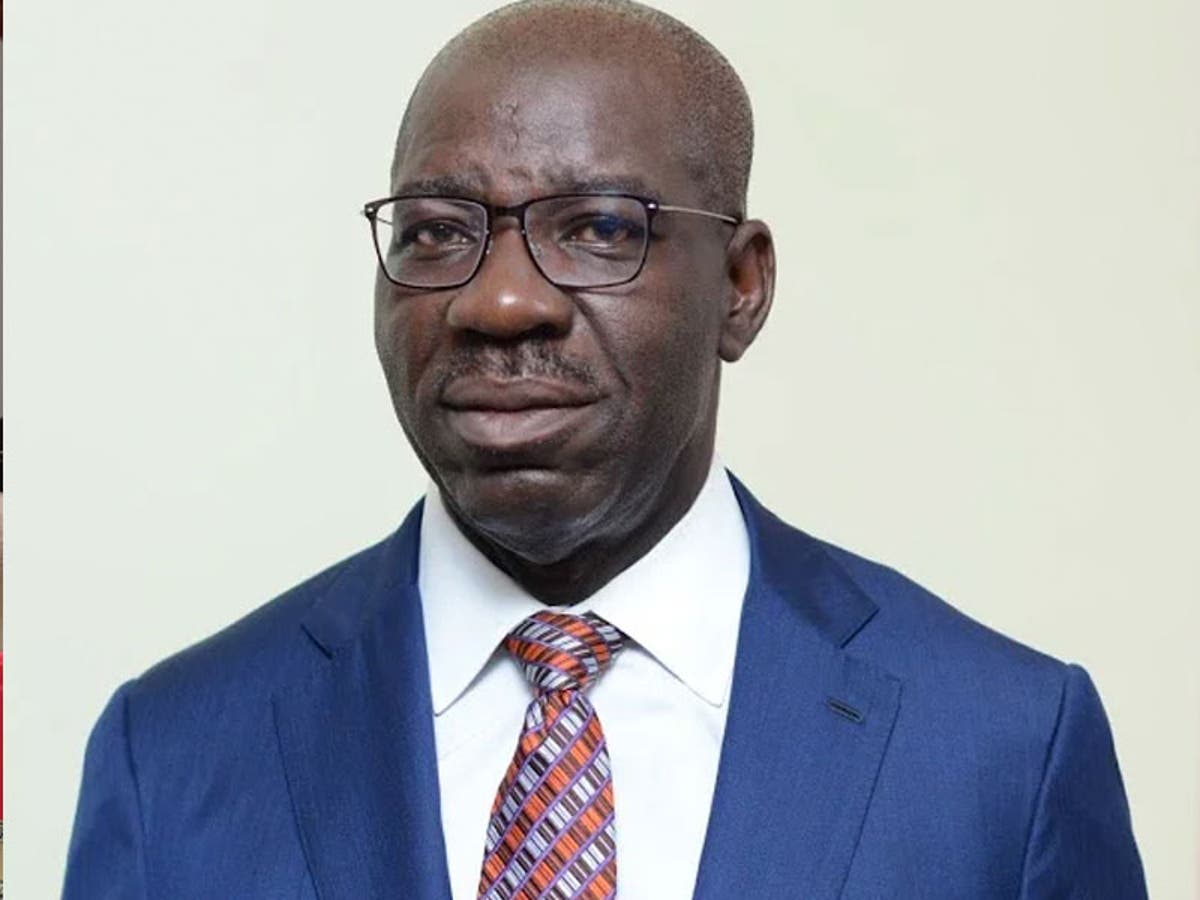The Second World War which was fought between 1939 and 1945 was fought between the allied forces and axis alliance. The allied forces initially included the United Kingdom, France, the Union of Soviet Socialist Republics and later the United States while the axis alliance was among Germany, Italy and Japan.
The axis alliance had the upper hand and they seemed set to overrun the entire Europe and expand their tentacles to the rest of the world. Germany under Adolf Hitler then decided to overreach itself through the twin attack of the USSR who had initially decided to stay neutral and the UK. What proved the game changer for the war was Japan’s bombing of the Pearl Harbour in the United States which made the US enter the war in 1941. The 1945 bombing of Hiroshima and Nagasaki in Japan was the deux ex machina that made the axis alliance collapse and surrender to the allies later that year.
The war left Japan economically prostrate as the Marshall Plan didn’t take them into consideration. They were fortunate to have good leadership which made them look inwards and make the giant leap forward. They discovered they could manufacture vehicles very efficiently. To make their exports more globally competitive in the face of stiff competition from French, British and American vehicles, they decided to devalue their yen and this worked wonders as Japanese vehicles flooded the rest of the world with the likes of Honda, Toyota, Mitsubishi etc becoming global household names especially because of their durability and fuel saving attributes.
The Governor of the Nigerian Central Bank, Godwin Emefiele late last month devalued the naira by 7.6% to the United States dollar. There is also a move towards having a single exchange rate system for the naira. “We found out that we were no longer dealing in this so-called CBN official rate for transactions,” Governor Godwin Emefiele told reporters during the monetary policy briefing earlier on Tuesday. “We are still running a managed-float, we are monitoring the market and seeing what is happening for us to ensure that the right things are happening for the good of the Nigerian economy.”
This latest move by Emefiele is a gargantuan goof as it will only worsen the plight of the majority of financially emasculated Nigerians. Devaluations are not a bad thing in themselves but they work most effectively when the economy is an export dependent one as opposed to our current reality of not only an import dependent one but a mono economy based on a resource – crude oil that will lose global relevance in less than two decades from now.
Nigeria isn’t currently exporting any major resource and so the devaluation is not in her best interest. Devaluations first reared its ugly head during the regime of General Ibrahim Badamosi Babangida when he subjected it to a national debate based on the recommendation by the International Monetary Fund (IMF). The nation led by the Nigerian Labour Congress (NLC) rose up against it and public opinion was not in its favour. The gap toothed self named ‘Evil Genius’ then turned round to institute a home grown clone of the IMF recommendation which he named ‘Structural Adjustment Programme’ (SAP) and the naira was greatly devalued and this is the remote cause of the current worthlessness of the legal tender of the so called ‘Giant of Africa.’
Permit me to go Biblical ‘The wise man sees danger and flees; the foolish man runs into it.’ The level of inflation is extremely high as the economy continues to contract due to the lack of investor confidence and massive capital flight. The level of youth unemployment according to the National Bureau of Statistics is about 33% which is one of the highest in the world and that of under employment will be much higher. Why then will Emefiele, a supposed trained economist inflict further hardship on the already battered Nigerians? Which script is he acting? Who really is his pay master? The Nigerian people or the Bretton Woods Institutions’ whose prescriptions are always devaluations?
In the heat of the 1997 Asian financial crisis which hit the Asian Tigers, Malaysian Prime Minister, Mahathir Mohammed was under intense pressure by both the West and the IMF to devalue the local Malaysian currency. The then US Vice-President, Al Gore publicly called for his removal for his obduracy and the London based Economist Magazine regularly pilloried him for his anti devaluation stance. Mohammed stuck to his guns and imposed capital controls as well as reflationary monetary policies. At the end of the day, the West and IMF were forced to eat their words and had their tail in between their legs as there was no economic collapse in the South East Asian country as predicted by the dooms day western apologists who masqueraded as economic experts. There is the need for sturdy leadership in Africa to effectively stem the tide of the rising level of imperialism that has kept the world’s second most populous continent down since its erstwhile colonial masters granted most countries there political independence.
Over a week has passed and there have been no protests or even official statement from the Nigerian Labour Congress (NLC) criticizing the policy. The NLC is supposed to act in the best interests of the hapless Nigerian workers whose disposable incomes have been on a steep decline from time immemorial. Nigerians will recall with nostalgia the anti-SAP riots that shook the IBB regime to its very foundations and was a testimony of the plebian resistance to anti-people policies. The betrayal by the political class accentuated by Labour who are supposed to give succour to the Man on the Clapham Omnibus has ensured that the majority of Nigerians are eternally locked in a perpetual daily struggle for survival where their take home pay can’t even take them to the bus stops not to talk of taking them home.
The Nigerian people must stop this docile behaviour of theirs and waiting for some Utopian Messiah to save them and take their economic destiny into their hands. The hike in the price of bread caused the ten year French revolution. The Arab Spring was caused by an increase in the price of essential commodities in the Maghreb. For how long would we be second class citizens in our so called motherland? It is high time we held our leaders accountable to us as we are in a global era of servant leadership and not Divine Right of Kings.
The Civil Society should take to the barricades to ensure that the CBN Governor reverses this harsh policy that will do nothing but bring further misery to most Nigerians who live on less than a $1 daily.
The time to rise up against this oppression is now!






